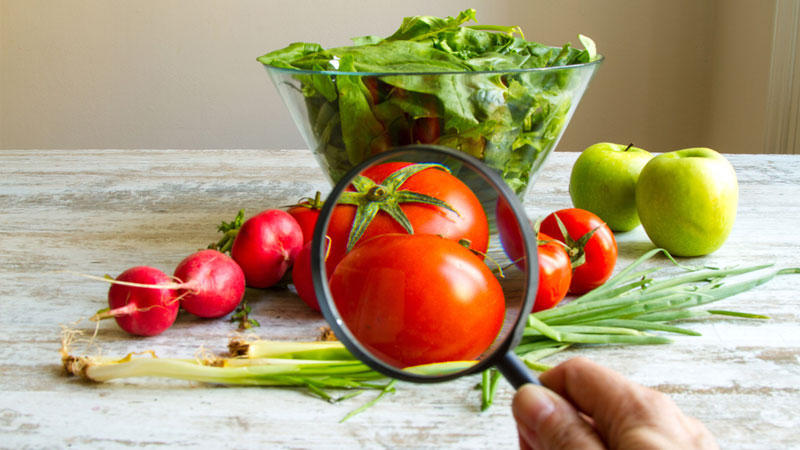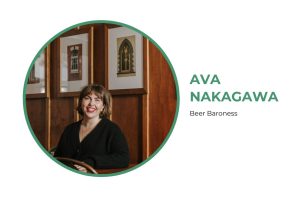Hospitality is a fickle game. Trends can come and go, minimum wage increases and shifting immigration policies can wreak havoc with staffing, but the one constant danger of the hospitality industry is food safety. In the US, Chipotle’s reputation has been severely tarnished by several foodborne illness outbreaks, to the point at which the business has appointed a Food Safety Officer to assuage fears.
It is estimated that one million people in the UK are affected by food poisoning, costing the economy more than £1 billion every year. While no such statistics exist for New Zealand, Campylobacteriosis is such a problem that MPI has an aim to reduce the number of cases by 10 percent by 2020 – the only foodborne illness which has its own such target. Campylobacteriosis is most commonly the result of undercooked chicken but also made headlines in 2016 after infecting the Havelock North water supply, resulting in multiple fatalities.
The Food Act 2014 will finally come into force in February 2019, but even that hasn’t been without its hiccups, with a disconnect between MPI and meaning that getting verification for a businesses food safety plan can be a difficult process. An administrative bungle saw almost 800 of Auckland restaurants left without food safety ratings, having left it until the last minute to register under the Act.
“A key priority for New Zealand Food Safety is to seek ways to reduce the costs for businesses, especially for small businesses, and this includes exploring new options for delivery of verification services,” said MPI Food & Beverage manager Sally Johnston. “Anything new or changed can create uncertainty for some people for a time. We are still in the implementation transition period, which ends 28 February 2019, so there’s still work to do.”






